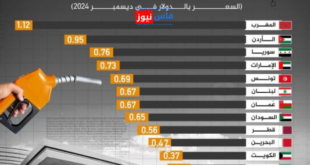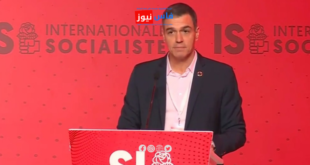Several African countries have recently demonstrated independence in their monetary policies, avoiding the global trend of interest rate cuts. According to a report by Oxford Economics Africa, Nigeria, Morocco, and Lesotho have emerged as notable examples of this approach.
The Nigerian Monetary Policy Committee (MPC) reaffirmed its commitment to curbing inflation by raising interest rates, at a time when interest rates elsewhere are heading downward. Despite real interest rates remaining negative and core inflation continuing to rise, the Nigerian Central Bank believes it “cannot take any chances” with lowering rates.
In a similar move, both Morocco and Lesotho have maintained stable interest rates, defying expectations of cuts. Lesotho’s decision not to cut rates, despite its larger neighbor South Africa doing so, has reduced the interest rate differential between the two countries.
In Morocco, Bank Al-Maghrib surprised observers by keeping rates unchanged, citing several uncertain factors including the pace of subsidy cuts, the outcome of wage negotiations, and the effects of water stress on volatile food prices.
These decisions reflect the African central banks’ focus on addressing local economic challenges, avoiding following global trends that may not suit their specific circumstances. This approach highlights the importance of independent monetary policies in combating inflation and achieving economic stability in the African continent.
The stance taken by these African nations underscores a growing trend of monetary policy divergence, where central banks are prioritizing domestic economic conditions over aligning with global monetary trends. This independent approach aims to tackle specific inflationary pressures and economic uncertainties unique to each country’s situation.
By avoiding the “bandwagon” effect of global interest rate trends, these African economies are demonstrating a nuanced understanding of their local economic landscapes. This strategy may prove crucial in maintaining economic stability and fostering sustainable growth in the face of complex global economic dynamics.
 فاس نيوز ميديا جريدة الكترونية جهوية تعنى بشؤون و أخبار جهة فاس مكناس – متجددة على مدار الساعة
فاس نيوز ميديا جريدة الكترونية جهوية تعنى بشؤون و أخبار جهة فاس مكناس – متجددة على مدار الساعة













